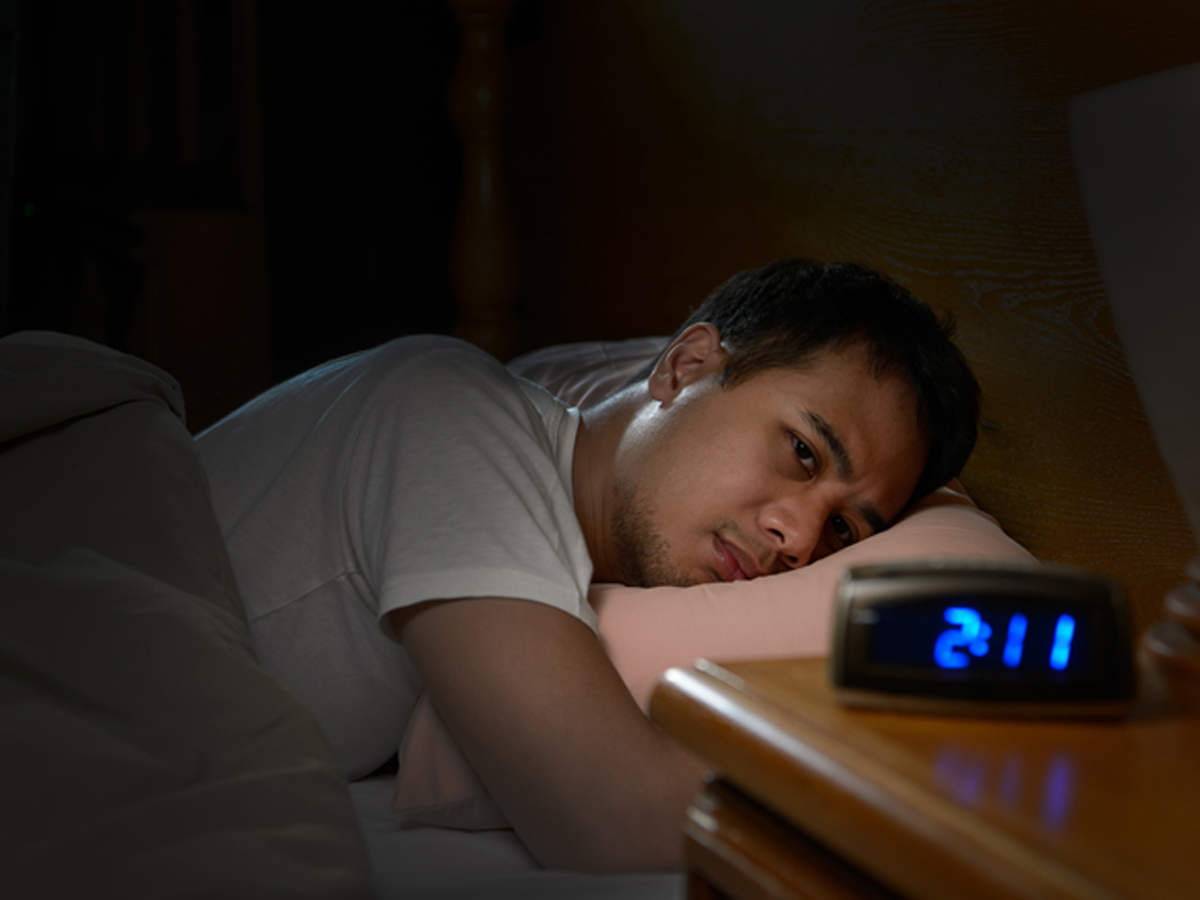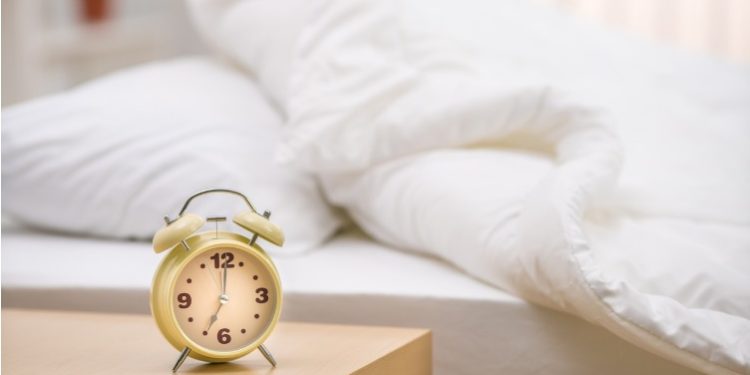The study through the association of the Broad Institute of MIT and Harvard revealed that a person’s inclination towards sleeping at a particular time influences the risks of depression. The study is that the first to quantify how fewer or more sleeping patterns should be shifted to scale back depression risks.
As people emerge after the pandemic, they mostly do their work or study from their homes remotely. This has led to a trend where many of us shift to a later sleep schedule. This might have serious implications at the end of the day.

“We have known this for some time that there’s a relationship between your sleep timings and your mood, but how much earlier can we need to shift people to ascertain a benefit?” said senior author Celine Vetter, professor of integrative physiology at CU Boulder. “We found that even one-hour earlier sleep timing is related to significantly lower risk of depression.”
:max_bytes(150000):strip_icc()/GettyImages-482184469-56acf1013df78cf772b65df1.jpg)
Few studies have done earlier that states those night owls are twice the maximum amount at risk of depression than early risers no matter what proportion hours they sleep.
Other studies have had relatively smaller sample sizes, relied on questionnaires from the one-time point, or didn’t account for environmental factors which may affect both sleep timing and mood, potentially confounding results.
More than 340 common genetic variants, including variants in the popularly called “clock gene” PER2, are known to influence an individual’s chronotype, and genetics collectively explains 12-42% of our sleep timing preference.
The researchers used the “Mendelian randomization” method that leverages genetic associations to assist decipher cause and effect.
About one-third of surveyed subjects self-identified as morning larks, 9% were night owls and the rest were within the middle.

Overall, the typical sleep mid-point was 3 a.m., meaning they visited bed at 11 p.m. and got up at 6 a.m. the study suggested that every one-hour earlier sleep midpoint which is halfway between bedtime and wakes time corresponded with a 23% lower risk of major clinical depression.
It’s unclear if early risers might be benefitted by waking even earlier. But for those who awaken late, this might be helpful.
Some research suggests that getting greater light exposure during the day, which early-risers tend to get, leads to a cascade of hormonal impacts which will influence mood. Others note that having a mechanism, or biological time, that trends differently than most peoples’ can in itself be depressing.
Also Read:























